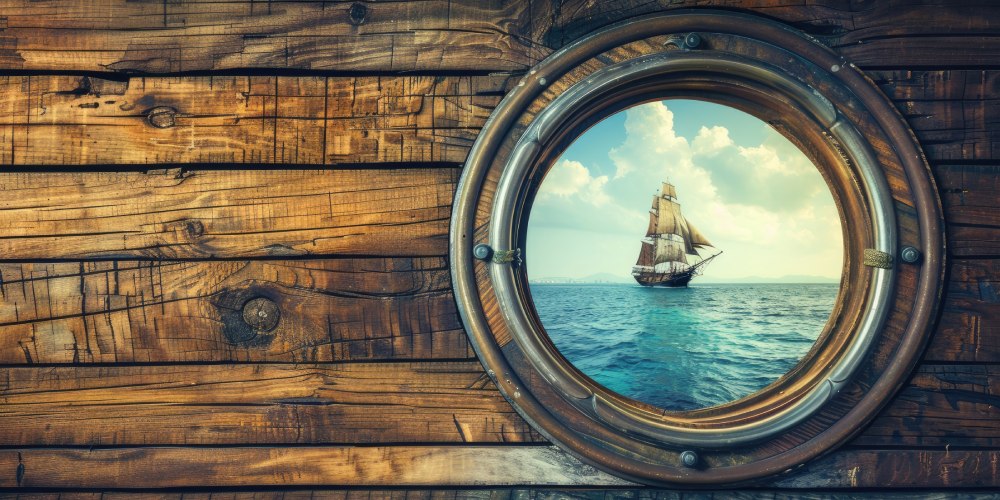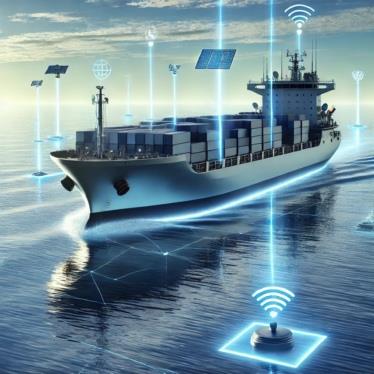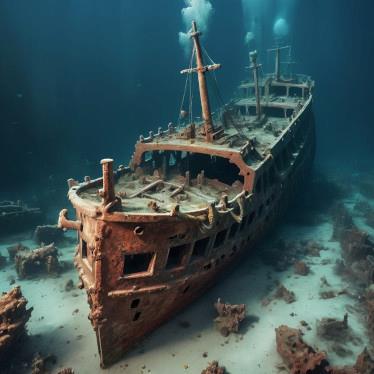
Maritime trade is one of the oldest and most significant economic activities in human history. From the earliest civilizations to the present day, maritime trade has formed the foundation of both economic developments and cultural interactions. In this article, we will examine how maritime trade has evolved from ancient times to modern times, how trade routes have changed, and the economic and cultural impacts of these changes.
Maritime Trade in Antiquity
Early Maritime Trade
Maritime trade began in the 3rd millennium BCE in the Mediterranean and Mesopotamia. During this period, the Phoenicians were the pioneers of maritime trade. By establishing trade colonies along the Mediterranean, the Phoenicians had the most significant trade network in the region. Their trade networks not only transported goods but also facilitated the spread of cultural and technological knowledge.
The Greek and Roman Empires
The Greek and Roman Empires played significant roles in the development of maritime trade. The ancient Greeks engaged in trade across the Aegean Sea, exporting products like olive oil, wine, and ceramics. The Roman Empire, on the other hand, established an extensive trade network by naming the Mediterranean “Mare Nostrum” (Our Sea). During this period, a variety of goods such as grain, wine, olive oil, and slaves flooded Roman ports.
Medieval Maritime Trade
The Vikings and the Silk Road
In the Middle Ages, the Vikings became significant actors in maritime trade in Northern Europe. Thanks to their maritime expertise, the Vikings traded across a vast area stretching from the Baltic Sea to North America. During the same period, the sea routes of the Silk Road also gained importance. These trade routes, stretching from China to Europe, facilitated the transportation of valuable goods like spices, silk, and other treasures.
The Republics of Venice and Genoa
During the Middle Ages, Italian city-states like Venice and Genoa became dominant forces in Mediterranean trade. Venice became the center of trade between the East and West, while the Genoese established a vast trade network across the Black Sea and the Mediterranean. During this period, maritime trade not only provided economic gains but also increased cultural interactions.
Maritime Trade in the Age of Discovery
The Discovery of the New World
At the end of the 15th century, Christopher Columbus’s discovery of America and Vasco da Gama’s arrival in India marked the beginning of a new era in maritime trade. These discoveries allowed European states to establish new trade routes and colonies. Particularly, Atlantic trade created a massive transformation in the world economy.
The East India Companies
In the 17th century, England and the Netherlands founded the East India Companies, playing an essential role in Asian trade. These companies significantly influenced the transportation of spices, tea, silk, and other valuable goods to Europe. Alongside maritime trade, the development of maritime law and commercial shipping accelerated.
Maritime Trade in the Modern Era
The Industrial Revolution and Steamships
In the 19th century, the Industrial Revolution brought about a revolution in maritime trade. The invention of steamships allowed trade to accelerate and for larger loads to be transported. During this period, port infrastructures and shipbuilding technologies also significantly improved.
Globalization and Container Shipping
Since the mid-20th century, container shipping has revolutionized maritime trade. Container ships enabled faster and more efficient transportation of goods. With globalization, maritime trade became a fundamental component of the world economy. Today, more than 90% of global trade is conducted via sea routes.
Maritime Trade and Cultural Interactions
Maritime trade has been a catalyst for not only economic but also cultural interactions. Traders from different regions brought cultural and technological knowledge with them. These interactions led to significant developments that changed the course of world history.
From antiquity to modern times, maritime trade has been a constantly evolving and dynamic process. The changing trade routes and technological innovations have been decisive in reaching the current state of maritime trade. Maritime trade will continue to be a vital part of the global economy and cultural interactions in the future.





